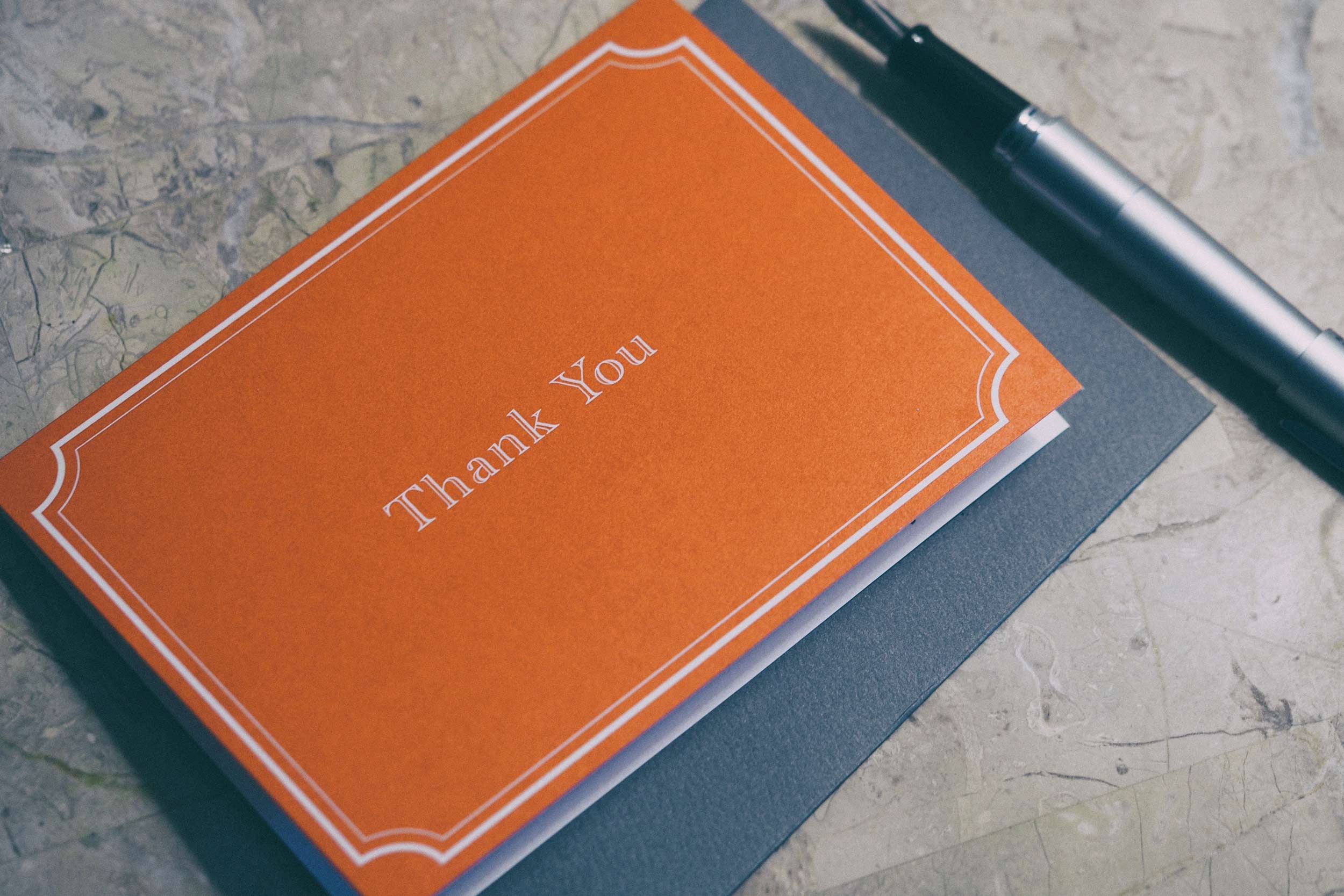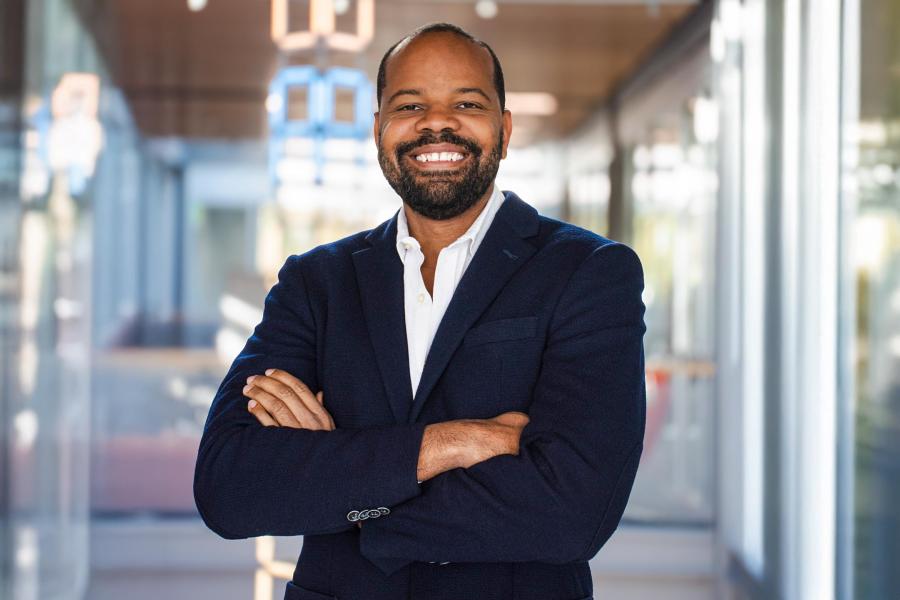It may be a cliché, but showing a little genuine gratitude goes a long way and even creates strong bonds within groups, according to research from University of Virginia Darden School of Business professor Ayana Younge and colleagues.
The feelings don’t need to be directed at anyone in particular, Younge said. They just need to be seen.
“Gratitude may help strengthen multiple relationships within a social network directly and simultaneously,” Younge and three co-authors write in “A New Perspective on the Social Functions of Emotions: Gratitude and the Witnessing Effect,” published in the Journal of Personality and Social Psychology.
In eight experiments, Younge and her colleagues – Sara B. Algoe of the University of North Carolina, Chapel Hill; Patrick C. Dwyer of Indiana University and Purdue University; and Christopher Oveis of the University of California, San Diego – demonstrated that gratitude benefits not only the person who expresses gratitude and the person who receives the thanks, but also those who witness the interaction. They found that people who saw expressions of gratitude between others were more likely to act warmly and generously toward both the person who expressed the gratitude and the one who received it.
“In a time in which people feel social bonds have become frayed by economic, political and other social pressures, this research shows just how much social currency gratitude carries,” Younge said.






